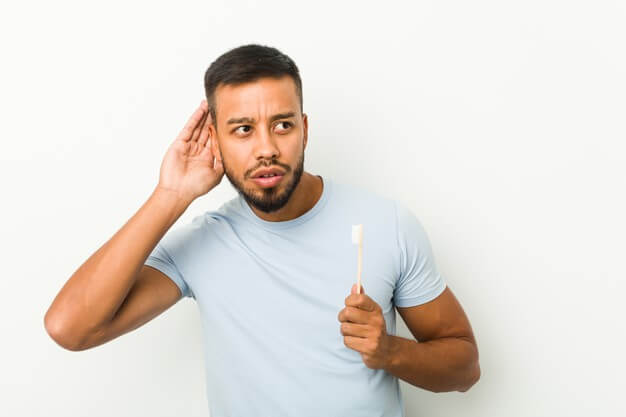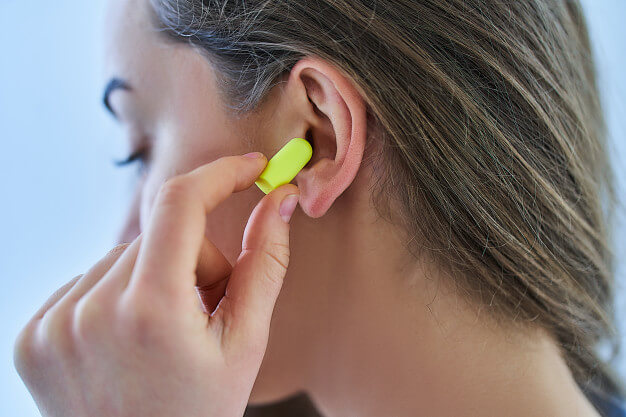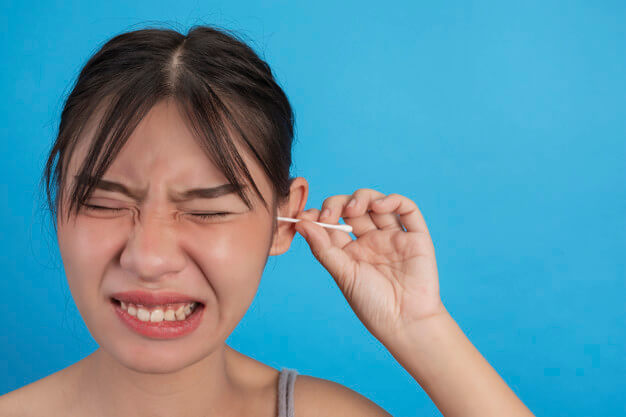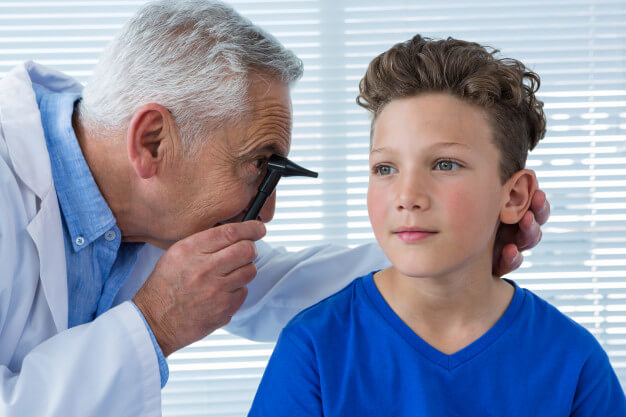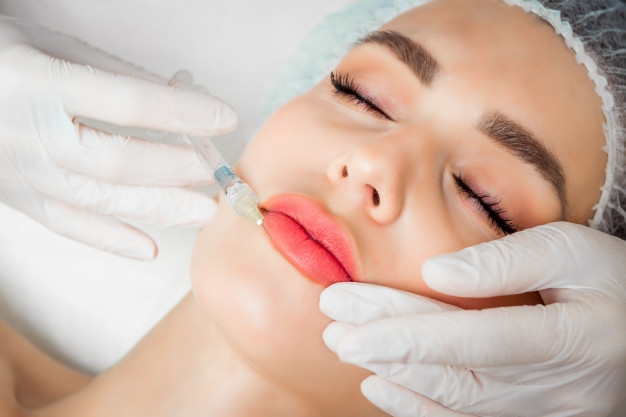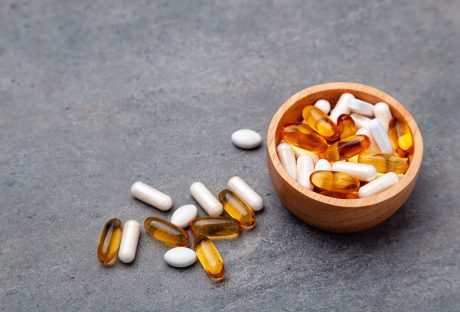Hearing loss isn’t always something that can be prevented. Sometimes loss of hearing is just something that happens as you get older.
But in an increasingly loud and busy world, hearing loss might be caused early or worsened by the environment around you.
And once you’re hearing is gone, it can be gone for good.
Can you imagine life without being able to hear? It’s a scary thought for many and should be. And yet, very few of us take the proper precautions in protecting our ears and our hearing.
That changes now. If you’re committed to the concept of ear health and protecting your hearing, read on. We’ll discuss several ways to help ensure that your hearing stays strong and true for many years to come.
The Case For Earplugs :
You likely rolled your eyes back in your youth when your parents advised you to wear earplugs to that rock and roll concert. But they were on to something.
Approximately 15% of Americans lose hearing as a result of too-loud work or leisure environments. If you work or spend lots of time in an environment where the sound level forces you to shout to be able to communicate, it’s likely that the sound levels there are dangerously high. This loudness could be due to a concert or club, or even more often, due to some form of loud and consistent machinery.
If you know that you spend many hours around this kind of noise level, you should absolutely invest in a good pair of earplugs. Earplugs are easy to obtain, generally affordable, and can even be made individualized for your ears upon request. They can dampen the level of sound coming in from your environment by a significant margin, helping to curb the possible loss of hearing.
Keep The Volume Low :
According to the World Health Organization, over a billion people each year are at risk of hearing loss due to the unsafe use of audio devices. Earbuds, like the popular headphones designed by Apple, are especially dangerous for ear health as they fit directly into the eardrum.
If you’re a music lover, you probably spend a lot of time listening to music on headphones. If you care about the health of your ears, though, you should make an effort to keep the volume at a lower level. Doctors recommend a philosophy they’ve dubbed the 60/60 rule. The rule is a recommendation that you listen to music through headphones at 60% volume for less than 60 minutes a day for the benefit of your hearing.
Even when not listening to headphones, you should aim to keep music played at a normal level to ensure long-lasting ear health.
Avoid Cotton Swabs :
One of the most common items in any household bathroom cabinet is a jar of cotton swabs. These little tools have been used by people to clean out ear wax for years and years, but it’s only more recently that their nefarious reputation has begun to reach the public.
It actually turns out that a little wax in the ears is both healthy and normal. Ears are self-cleaning organs and the wax in your ears actually serves to prevent dust and other particles from entering your eardrum.
If you do have excess wax, it is not advisable that you use a cotton swab. You can very easily damage your eardrum by using a cotton swab. Instead, considering using a damp towel to gently clean around the canal.
There are also various ear wax solutions that are available in stores. These are applied to the ears overnight and can help to dissolve and soften ear wax so that it can flow out of the inner ear on its own.
Keep Your Ears Dry :
Another frequent cause of ear damage is extra moisture. Excess moisture can allow bacteria to enter the ear canal and cause serious problems, such as a swimmer’s ear or other infections.
Following swims at the pool or beach, showers or baths, or any other water-related activity, you should be sure to gently towel-dry your ears. If you can feel the moisture in your ear following swimming or bathing, tilt your head to the side and tug lightly on your eardrum to help water drain out.
There are also specially designed swimmer’s earplugs available on the market, which can help prevent water from entering your eardrum during a swim. They work great for any age, kids or adults, and can be individually fitted for your ear by a licensed physician.
Consider Getting Regular Check-Ups :
Especially as you get older, you should ask your physician to incorporate hearing screenings into your regular checkups. Hearing loss doesn’t happen in a flash of light, it is a very gradual process. It’s recommended, then, that you have yearly consultations with a hearing healthcare professional, who can recognize the signs of hearing loss while it is still in the early stages.
Taking action against hearing loss is important, as is discussing it with your doctor. Loss of hearing has been linked to other health concerns such as depression, dementia, and heart disease. Establishing a relationship with your doctor in regards to ear health early on can contribute to better overall health later on.
If you do find yourself losing hearing, you should ensure to invest in a proper hearing aid. With all the advances in rechargeable hearing aids over the past few years, they now serve people with hearing impairment much better. A well-designed hearing aid can help improve the quality of life for someone who has lost hearing and can stave off the other health issues previously mentioned. If you’re interested in the best hearing aids on the market, you can learn more here.
Read Also :













